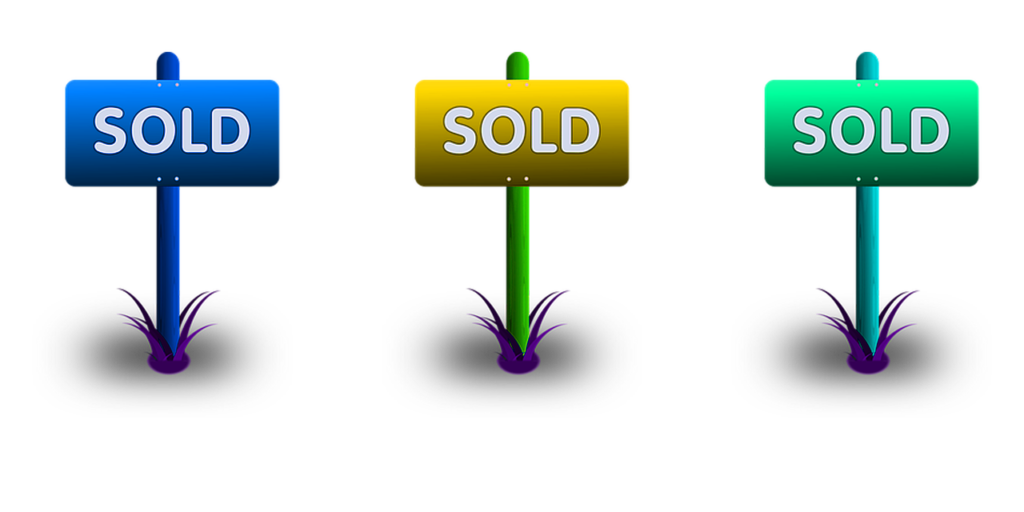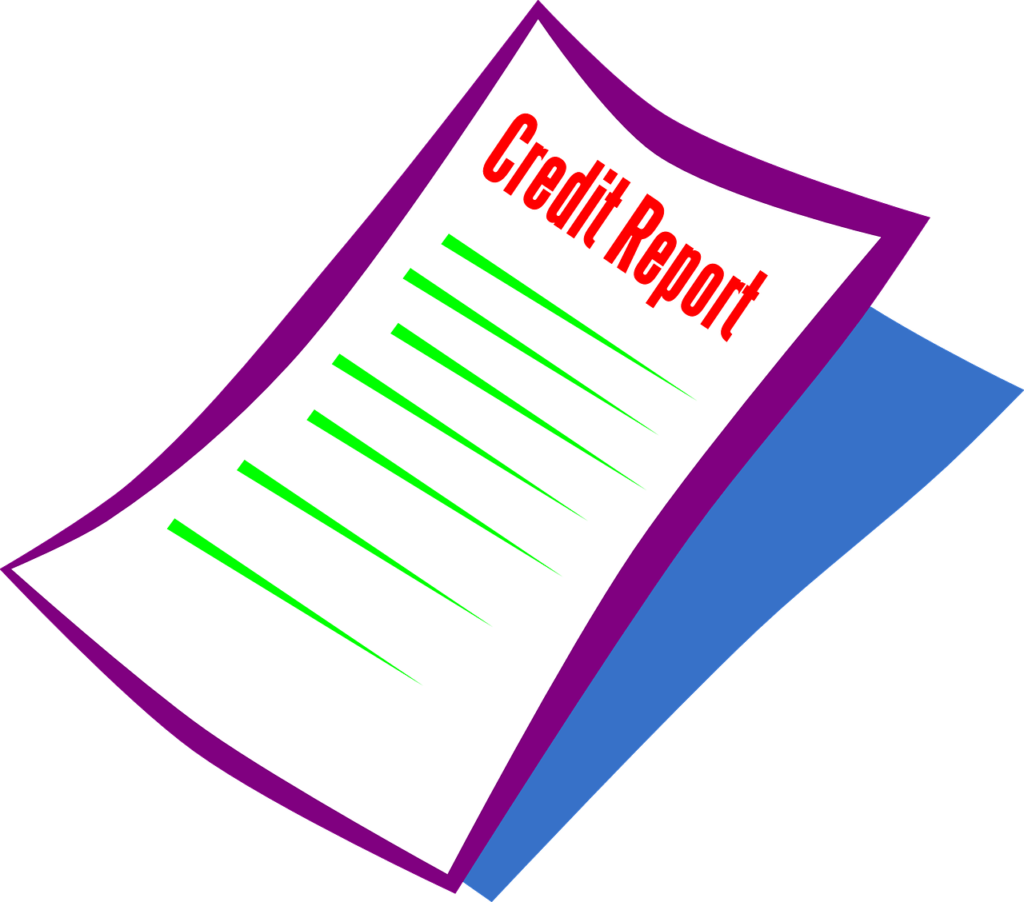Updated: 17/09/2024
Interest Only Mortgage: Are They Worthwhile? The concept of an Interest Only Mortgage is that you would only pay the actual interest accrued on the outstanding mortgage loan amount each month. You would not be paying towards reducing the capital amount borrowed for your property.
The actual mortgage loan would then be paid back at the end of the loan period (Twenty years/ Twenty-five years or however long a period you took it out for), meaning you would have to make sure that you have the financial means available to you, to repay the whole amount of the debt. Most people take out a form of insurance policy to help.
This is the difference from a Repayment Mortgage, where you basically pay the loan amount back with the interest each month.
However, this type of deal can be more difficult to get than a repayment mortgage. This is because they require a bigger deposit and a credible repayment plan.
Are Banks Offering Interest Only Mortgages?
Yes they are, but you should check with a Mortgage Advisor who has access to a ‘Whole of Market’ software system to get the best deal, and of course, to see if this product suits your current circumstances.
What are the Advantages of an Interest Only Mortgage?
- An Interest Only Mortgage is that they tend to be available with a lower initial payment than a conventional mortgage, and these types of loans can also be easier to qualify for. However, you should remember that this initial payment phase is the most expensive part of your loan and that you’ll be paying more interest over the long term than with a conventional mortgage.
- You’ll need to compare the rates and fees on different mortgage options before making a decision. Some lenders will charge more for interest-only mortgages than they do for traditional mortgages, so make sure you find a lender who offers the best rate possible.
- Tax Benefits: You can deduct the interest on an interest-only mortgage on your income taxes if you itemize deductions. This could be a good deal for high earners who are in a high tax bracket, and it can help them hold down their total income taxes.
- An Interest Only Mortgage offers you monthly repayments that will generally be much lower than other Mortgage products on the market.
The Disadvantages of an Interest Only Mortgage?
- You will need to plan ahead and ensure you accumulate the necessary funding to repay in full the outstanding amount of your Interest-Only Mortgage loan.
- You will also have to have a form of Life Insurance running alongside the Interest-Only Mortgage to ensure it covers the repayment of the outstanding loan in case of death.
- You will also have to pay back interest on the whole loan, rather than a decreasing amount, which may well cost more than a Repayment Mortgage overall.
- It’s not a good investment strategy: The 2008 housing market crash made it clear that these mortgages were not a sound investment, and they were a big contributor to the housing bubble in the United States. Many people who had taken out interest-only loans to buy homes lost their properties during the crash, and many of these mortgages were paid off in foreclosure.
- You won’t build equity: If you don’t make extra payments on the principal during the interest-only period, you’ll never build up enough equity to refinance your home later on. This means you won’t be able to use your home as collateral for a new mortgage, which can put you at risk if the property values drop in your area.
- The down payment requirements are higher: You’ll have to make a larger down payment with an interest-only mortgage than you would on a typical home loan. This can be a disadvantage for first-time buyers, but it might make sense for you if you have strong finances and are confident you’ll make your mortgage payments in the future.
- Getting an interest-only mortgage can be complicated, and you’ll need to fully understand how these types of loans work to ensure you’re taking the right one for your financial situation. If you’re unsure about whether an interest-only loan is a right option for you, our mortgage experts can help you weigh your options and choose the mortgage that’s right for you.

Who is an Interest Only Mortgage for?
An Interest Only Mortgage is a type of mortgage where you pay just the interest on your loan for a set period, usually three to 10 years. This makes these loans popular among borrowers who want to save money upfront on a home purchase, and they may also be useful for investors, such as Landlords involved with Buy-To-Let properties.
Also, buyers who want to benefit from lower payments each month, make budgeting easier and more affordable. It’s also often taken out by people who need to buy a property quickly, such as students or people moving home.

Adjustable-Rate Mortgages
The most common form of an Interest Only Mortgage is an adjustable-rate mortgage or ARM. These mortgages have a fixed interest rate for the first few years of the loan, but the interest rate can fluctuate based on market conditions.
In general, ARMs are riskier than fixed-rate loans because of the potential for rates to increase or for balloon payments to come due at the end of the interest-only period. It’s best to look for a lender who provides both fixed-rate and ARM mortgages in order to get the most out of your loan.
Interest Only Mortgage: Are They Worthwhile
Thet can be attractive for those looking to afford a more expensive property. However, it’s crucial to remember that you’ll still owe the original loan amount at the end of the term. You’ll need a solid plan to repay it, like selling the property or having significant savings built up. Interest-only mortgages may come with stricter requirements, so be sure to weigh the pros and cons carefully before deciding if this option is worthwhile for you.
Updated 2024

